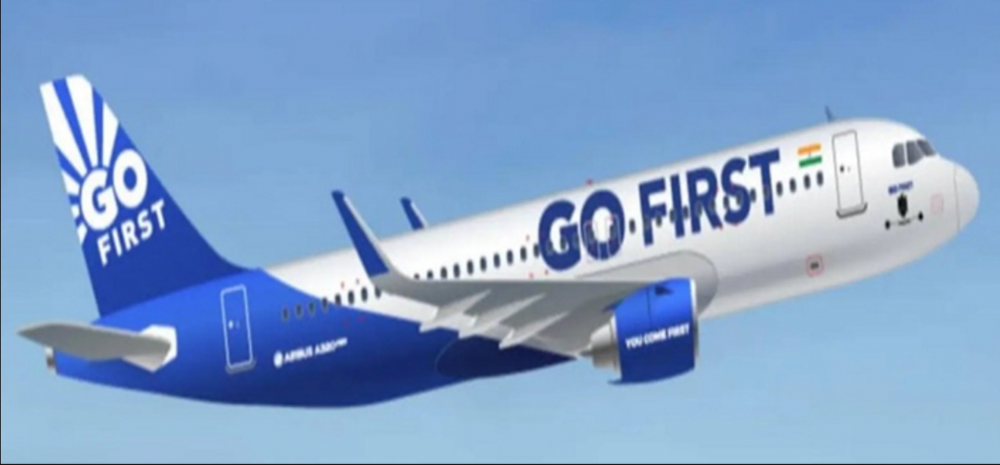On Thursday, the National Company Law Tribunal put off deciding in the insolvency case that low-cost carrier Go First filed. Go First claimed in a voluntary insolvency application filed with the tribunal that the airline had to cancel more than 4,000 flights over the course of the previous 30 days.

Revival – Smartest idea for the aviation industry
Senior Attorney Neeraj Kishan Kaul, who appeared on behalf of the airline, stated that in a situation like this, a revival would be the smartest idea for the aviation industry. According to Kaul, the airline can currently be sustained by its 26 operational aircraft, and so long as these aircraft are in service, it will be able to pay employee salaries.
An interim moratorium must be granted to the airline, Kaul said, adding that the conditions for a voluntary insolvency application have been met. The only assets of Go First are its aircraft, and, according to him, if an interim moratorium is not implemented, the lessors will take actions that will hurt the airline and seize the aircraft.
A special resolution approved by the company’s shareholders must be submitted in support of a voluntary insolvency application under IBC.
Go First has blamed Pratt & Whitney’s
On Tuesday, Go First submitted a request to the NCLT for the initiation of voluntary insolvency resolution procedures. Go First has blamed Pratt & Whitney’s “defective and failing engines” for its insolvency. According to the airline, the number of aircraft grounded because of Pratt & Whitney’s defective engines increased from 7% in December 2019 to 31% in December 2020 to 50% in December 2022.
According to Go First, the U.S. engine manufacturer has declined to follow an order from a Singapore emergency arbitrator requiring it to supply 10 spare leased engines each month until December 2023 “without delay.”
The airline’s lessors—SMBC Capital Aviation, GAL, CDB Aviation, Sonoran Aviation Company, and MSPL Aviation—are objecting to Go First’s application for insolvency. Arun Kathpalia, a senior advocate for the lessors, argued that the principle of an interim moratorium does not apply in this case because doing so would prevent the lessors from taking any action against the airline. According to him, “Such a step would prevent third parties who are not present before the bench from taking any steps against the airline.”











